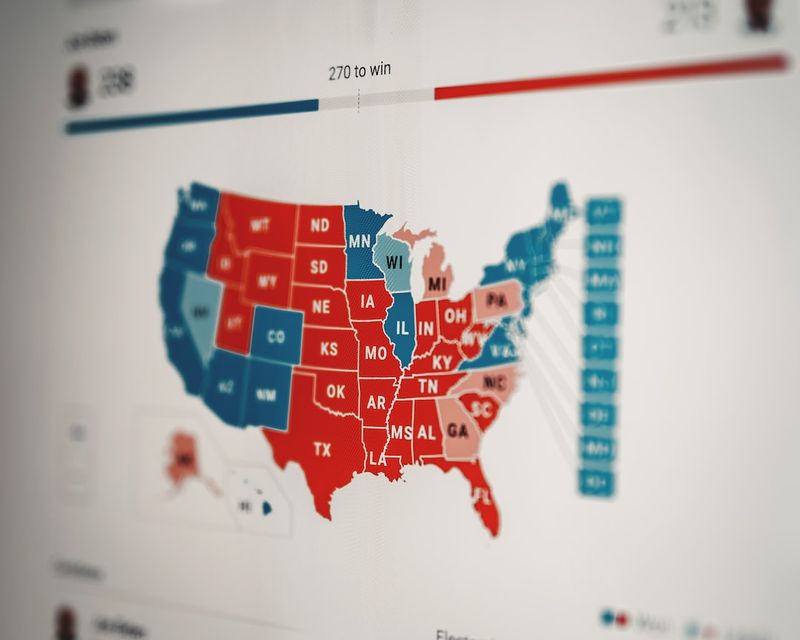Israel-Hamas Conflict: Examining the Hallmarks of Iranian Involvement
Introduction
The recent attack on Israel by Hamas has raised questions regarding the potential involvement of Iran. The scale and sophistication of the attack suggest that Hamas received significant support and guidance from Iran, according to former U.S. intelligence and military officials. This assessment has been denied by a senior Hamas official, who claimed that Iran was unaware of the operation until after it had begun. These conflicting accounts raise philosophical questions about the nature of proxy warfare, the role of state sponsorship in conflicts, and the ethics of unconventional warfare tactics.
Analysis of the Attack
Former U.S. intelligence officials have pointed out that the tactics employed by Hamas in the attack on Israel align with the approaches often used by Iran and its proxies. These tactics include the use of fast boats, hostage-taking, and swarming an adversary to overwhelm them. Such strategies aim to offset the advantage of opponents with superior conventional forces. Given the sophistication and complexity of the attack, some experts argue that it surpasses the capabilities of Hamas alone. This assessment suggests that Iran likely played a significant role, either by providing direct support or by coordinating the operation.
Denials and Discrepancies
While Hamas has denied Iranian involvement, reports from senior members of Hamas and Hezbollah indicate that Iranian security officials helped plan the attack and approved it in a meeting held in Beirut. The credibility of these reports remains uncertain, as two U.S. officials have stated they lack corroborating information. Israel, for its part, does not seem concerned about a direct war with Iran. Israeli sources emphasize that Iran‘s strategy revolves around proxy warfare and denying direct connections to Hamas‘ actions. By working through proxies, Iran maintains deniability and avoids open conflict.
The Significance of Proxy Warfare
The involvement of Iran in the Hamas attack raises deeper questions about the effectiveness and ethics of proxy warfare. For decades, Iran has sought to counter technologically superior adversaries through guerrilla or low-tech methods and by providing support to its proxies. When these proxies demonstrate a significant advance in military sophistication, it often signifies Iranian involvement. Iran‘s strategy of utilizing proxies allows it to project power without direct engagement, making it a significant state sponsor of terrorism.
The Role of Intelligence Agencies
Understanding the precise level of Iranian involvement in the attack is crucial for intelligence agencies. Differentiating between Iran directing the attack or giving the green light versus merely coordinating would have significant implications for the potential escalation of tensions. Accurate assessments of Iranian involvement will be critical for avoiding missteps that could lead to direct conflict.
The Israeli Border Breach
One central question arising from the attack is how Hamas militants were able to breach Israel’s fortified border with Gaza, given the extensive security measures in place. The ease with which the militants crossed over suggests the possibility of camera and electronic sensor jamming. This would have deprived Israeli forces of early warning and allowed the attackers to push through before an adequate response could be deployed.
Conclusion and Implications
The suspected Iranian involvement in the recent Hamas attack on Israel raises questions about the nature of proxy warfare, state sponsorship, and the ethics of asymmetrical conflict. While conflicting accounts and denials cloud the exact level of Iranian support, the tactics employed align with Iran‘s typical strategies. Intelligence agencies must continue to investigate to determine the true extent of Iranian involvement. As tensions in the region persist, understanding the dynamics of proxy warfare and its implications on international relations becomes increasingly critical. The international community must monitor and confront state-sponsored terrorism to maintain peace and stability in the Middle East.

<< photo by Chris Sabor >>
The image is for illustrative purposes only and does not depict the actual situation.
You might want to read !
- Tensions Escalate: Hezbollah’s Mortar Attack and IDF Response on Lebanon Border
- “Netanyahu’s War Cry: Israel Faces Palestinian Militants’ Onslaught”
- Sticking with the Status Quo: Ron Rivera’s Controversial Decision Amid the Commanders’ Slide – ESPN
- Israel’s Intelligence Failure: Unraveling Hamas’ Attack and its Implications
- Hamas’ Attack Exposes Israel’s Intelligence Gaps
- Israel’s Intelligence Failure: Analyzing Hamas’ Attack and its Implications
- “Azerbaijan Takes Advantage of Russian Distraction to Launch Attack”
- Europe at a Crossroads: Germany’s 4-1 Loss to Japan Exacerbates Euro Crisis
- The Global Implications of Kim Jong-un’s Missile Display to Sergey Shoigu




